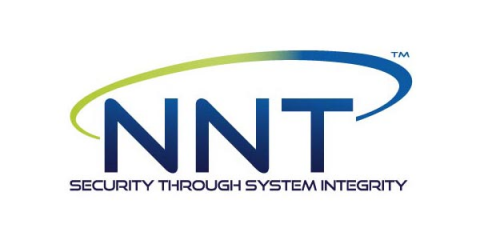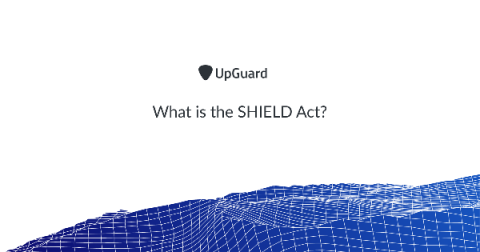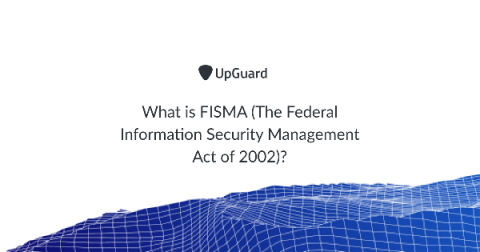Assessment Frameworks for NIS Directive Compliance
According to the NIS Directive, Member States should adopt a common set of baseline security requirements to ensure a minimum level of harmonized security measures across EU and enhance the overall level of security of operators providing essential services (OES) and digital service providers (DSP).







